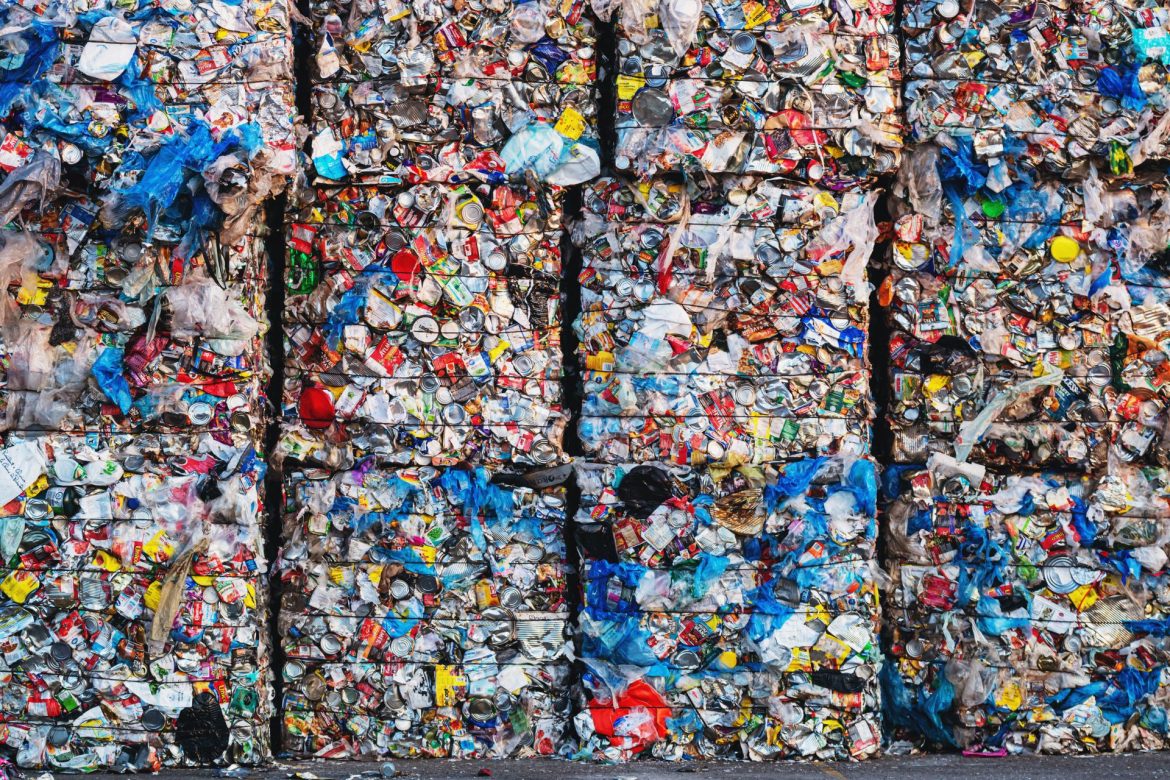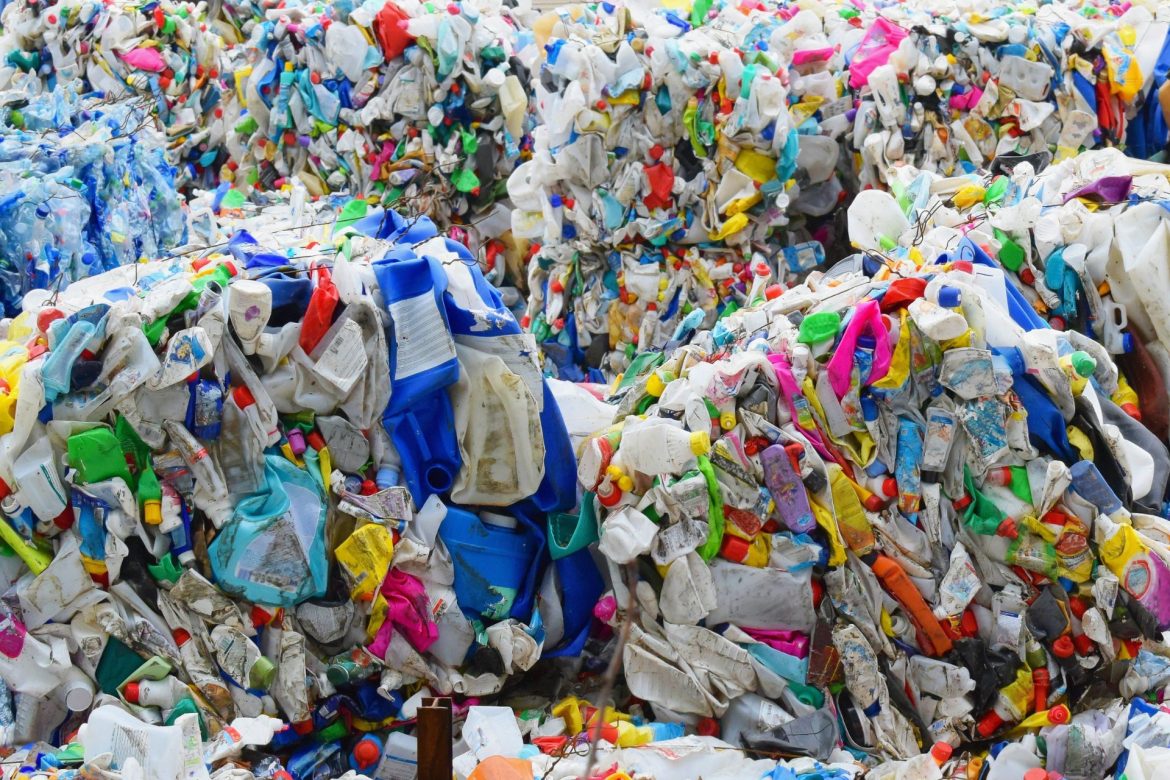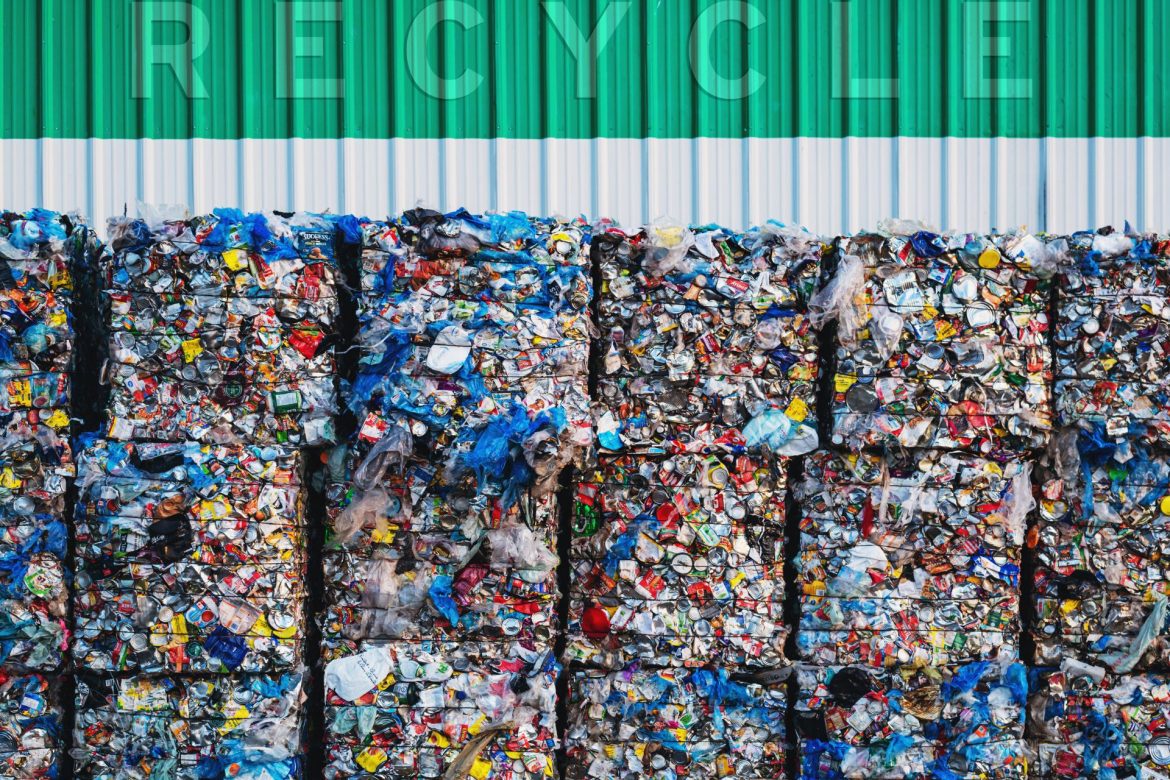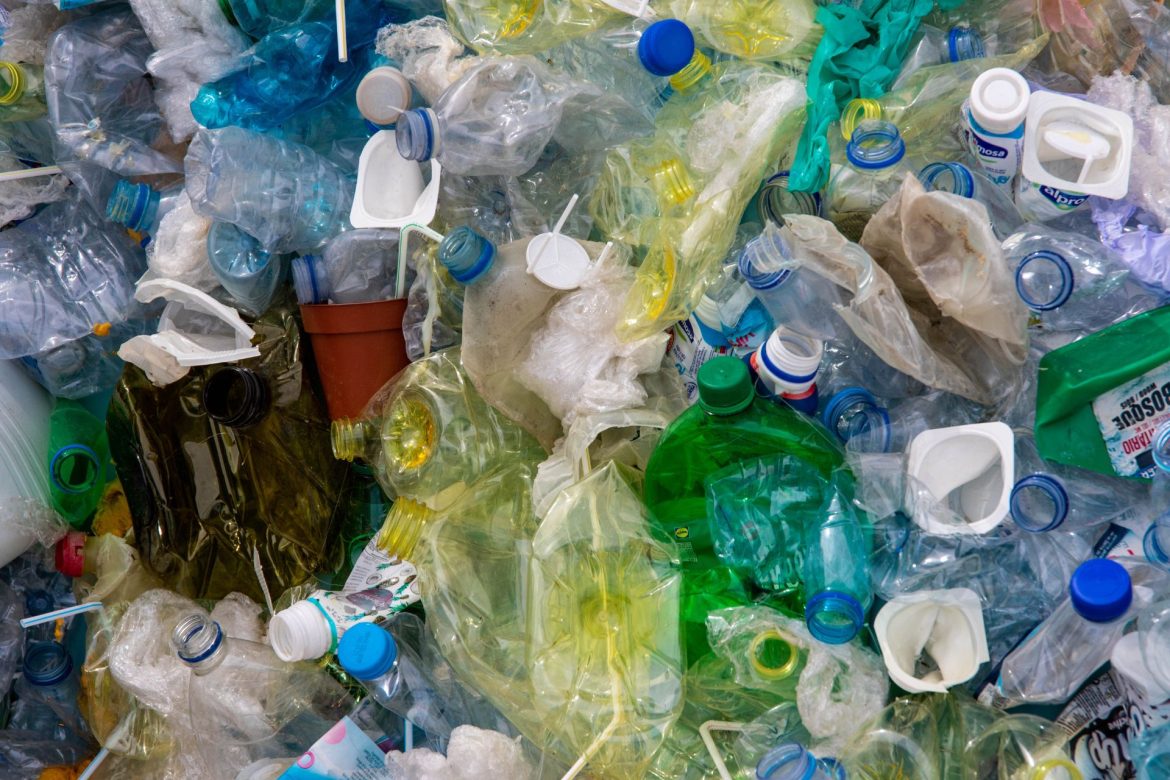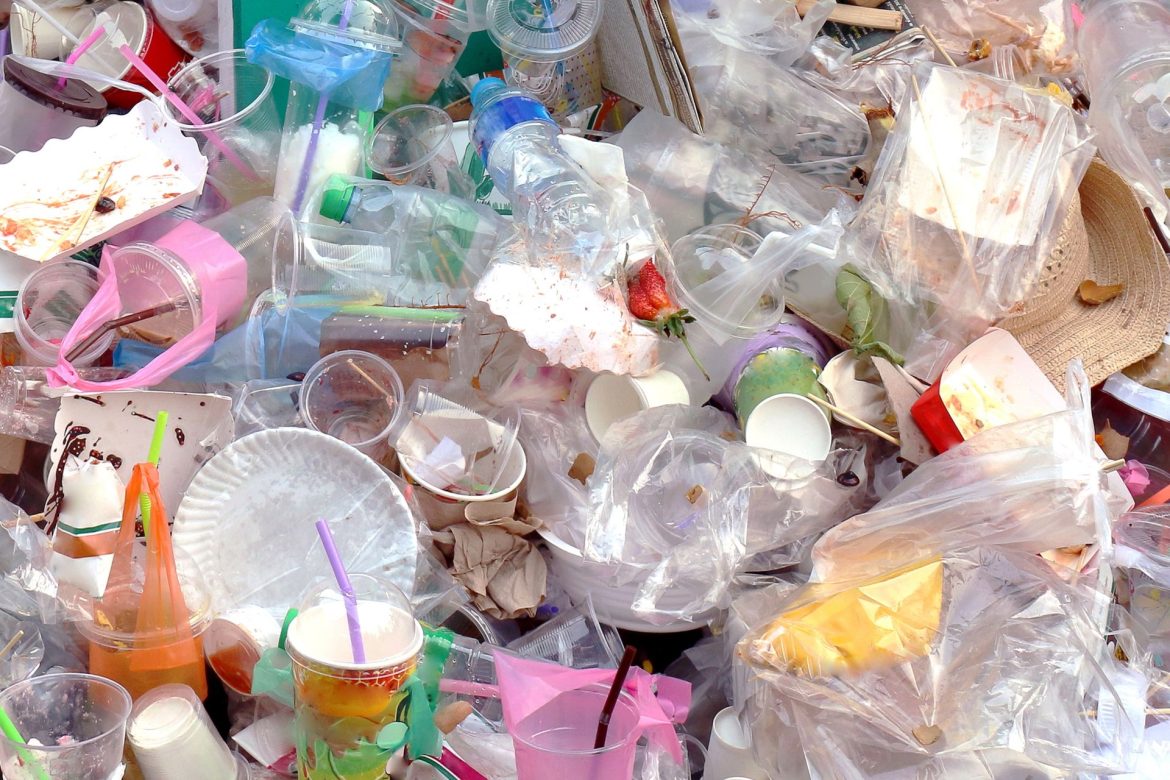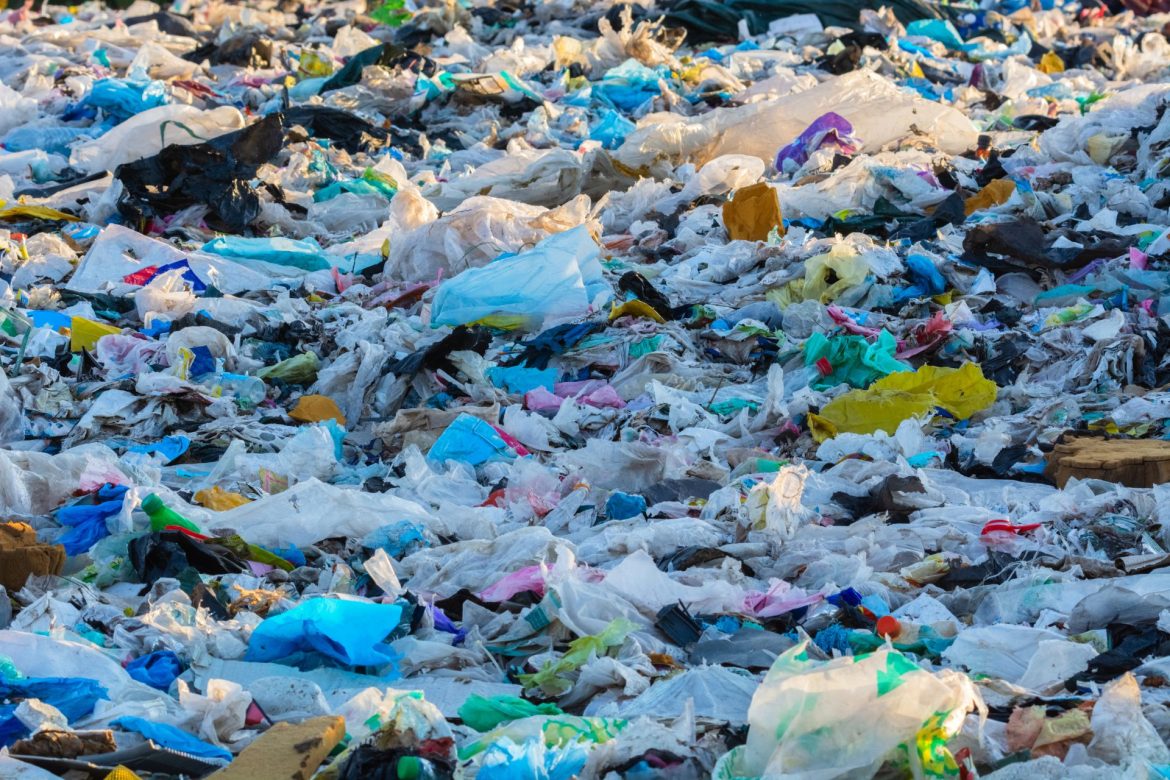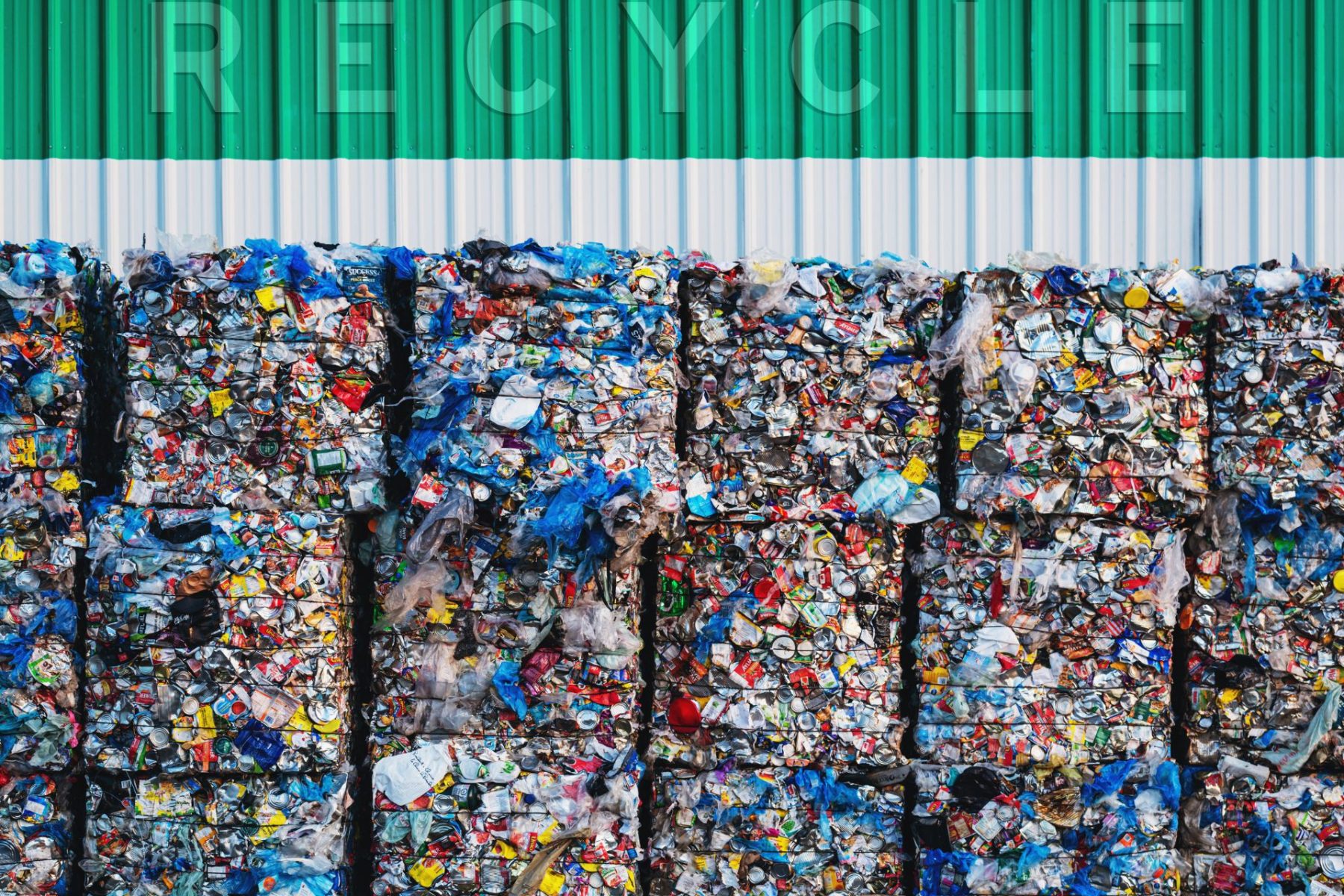Post-consumer plastic waste recycling refers to those products that have ceased to perform their functions and have therefore reached ‘end-of-life’: these are generally finished objects or packaging materials.
The most common materials that fall into this category are:
• LDPE (low density polyethylene) – e.g. flexible packaging and rigid packaging,
• HDPE (high density polyethylene) – e.g. detergent bottles and liquid containers,
• PP (polypropylene) – e.g. flexible packaging, rigid packaging, toys, furniture, building products, etc.,
• PS (polystyrene) – packaging, construction or electrical equipment.
Post-consumer material is delivered by public and private entities, and destined for landfills and disposal or recovery centres. It is mixed material, and very contaminated; in addition to polymers, in fact, among this waste there may be paper labels, glues, wood, aluminium, sand and dust, soil.
In order to regenerate these materials, it is indispensable to subject them to washing and filtration, two fundamental processes that allow the contaminants to be removed, obtaining a second raw material of excellent quality that can be used to make new products.
For this type of waste, given the high presence of contaminants, it is inadvisable to carry out filtration that is too fine (from 200 microns).
Break machines are designed to filter various plastic materials, removing contaminants with great efficiency.
